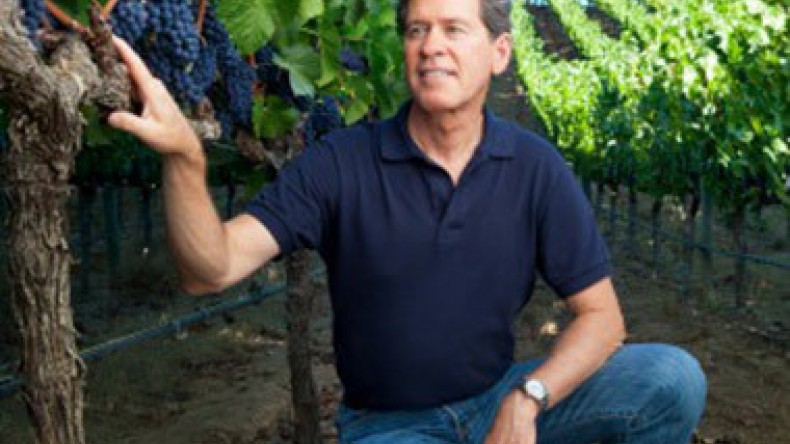
The Steve Jobs of wine: Winemaker Paul Hobbs
The Steve Jobs of Wine is an apt metaphor to describe the ardent exactitude of winemaker and consultant Paul Hobbs. He’s a quality fanatic. Twice named Wine Personality of the Year by Robert Parker, Hobbs was first hired by Robert Mondavi for his expertise in oak aging, he then moved on to Opus One and later Simi Winery. Hobbs is also credited with recognizing, despite the skeptics, the winemaking potential in Argentina, (while we were all distracted and busy swooning over California). His efforts helped bring that region into global focus. Now he’s busy running Paul Hobbs Winery and Vina Cobos in Argentina. He’s also consulting, sharing his knack for finding good dirt with winemakers across the globe. A correspondent of Forbes.com asked him to share his thoughts on the business of wine today, the role of critics and where he sees new frontiers.
- What’s the biggest hurdle for the wine business today?
- We need to be good at development and helping people understand and appreciate wine and better educate them about the benefits of wine, especially the benefits of wine with food. I am excited about the opportunities I see in Asia and Russia. I think it’s our hurdle; helping people understand how wine can add to the enrichment of life, much like good theatre, a good movie, or a beautiful work of art.
- What’s exciting for the wine business today?
- Interestingly, our biggest hurdle also happens to be the biggest opportunity. I think there are older regions opening back up and offering indigenous varietals. All the new wine regions, the new drinkers from places such as Asia, present an opportunity for us to grow in the right direction.
- Where do you see the trend of over-ripe, high alcohol massive wines headed? Is that style of wine still what people want?
- The most unintentional, driving factor…and its extraordinary to pin this all on one man… was Robert Parker and the score-chasers. Everyone thought big powerful wines were the way to get high scores and everyone was in a rush to create wines to please Parker, get a good score and raise prices. I think Parker was mis-read to some degree, he liked finesse too, but that was lost.
It was frustrating, and many of us got caught up in it; I am somewhat guilty as well. His influence was enormous. Parker brought new drinkers to the table and many liked the style of wine he liked. The big robust wines are easy to love and at some point that style developed its own energy. Today, people are burned out on those wines. I think that story has been written, its fading now.
- What are some of the new frontiers in wine regions? What should we all be looking out for?
- I only see a small percentage of what’s going on out there, but from what I do see, there is there is a lot of development within Argentina and Eastern Europe. There are many regions that have been forgotten with time that we are seeing in a new light. Armenia is one where I am working; Armenia has varieties I can’t even pronounce, so we are starting from scratch there.
I also see potential in Patagonia—we are making progress there but the weather is extreme. We are learning to work with it: wind, frost, and heat with driving winds; it’s like a blast furnace and yet it can be wonderful as well. It’s a matter of good vineyard management.
- Which varietals are we overlooking these days?
- Syrah—for some reason it suffers what happened to Merlot, and no one will buy it, unless it’s from France. Merlot is under-rated today as well. Both varietals were damaged by industry abuse, with so many poorly made versions, and the damage was done.
- What is it like to make wine in Armenia?
- Right now the challenge is finding and training people, at least in Argentina there was a winemaking culture. I can assure you, finding and training people is far more challenging than the terroir. Armenia is like going to the Dark Ages for winemaking, we have logistics issues as well as expertise and supply concerns. We just went ahead and built our own fermentation tanks—they don’t exist over there, nor is there anyone there who even knows how to make such a thing. That’s the joy, solving the problems, taking the risks, finding the people and figuring out how to work with what you’ve got!
- If you weren’t making wine, what would you be doing?
- I like anything that requires high degree of detail and complexity, I would enjoy being a surgeon or a watchmaker but I could not be stuck in one place, so winemaking is the best fit.
- What do you do with your free time? Do you have any free time?
- I am all about enjoying anything that is going for quality, I admire things that are well done, a fine painting, a quality car, a well-executed meal, I enjoy quality, skill, expertise.
Newsfeed
Videos






























